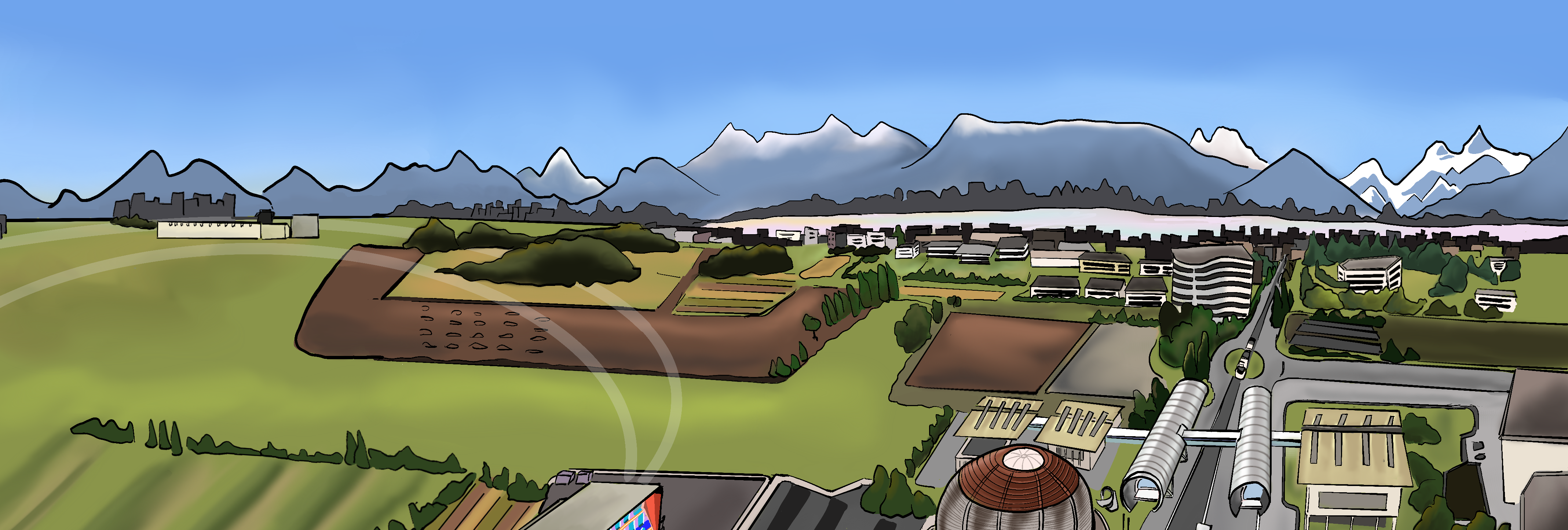Speaker
Description
Axions and Axion-Like-Particles (ALPs) are theoretically well-motivated candidates for dark matter that, due to their large occupation number, can be described as oscillating classical fields. These particles may feature a quadratic interaction with ordinary matter which can modify the field's dynamics in the vicinity of such objects, inducing a very interesting phenomenology. In this talk, I will treat in a general setting, how the presence of the Earth can modify the sensitivities of direct detection experiments such as CASPEr. I will show the regions of the parameter space with noticeable effects, where current and future experimental sensitivities can be modified. I will also discuss the applicability of the results when the Earth’s acceleration is taken into account. For this purpose, I will discuss the time dependence of the field and its relaxation times to stationary configurations.
